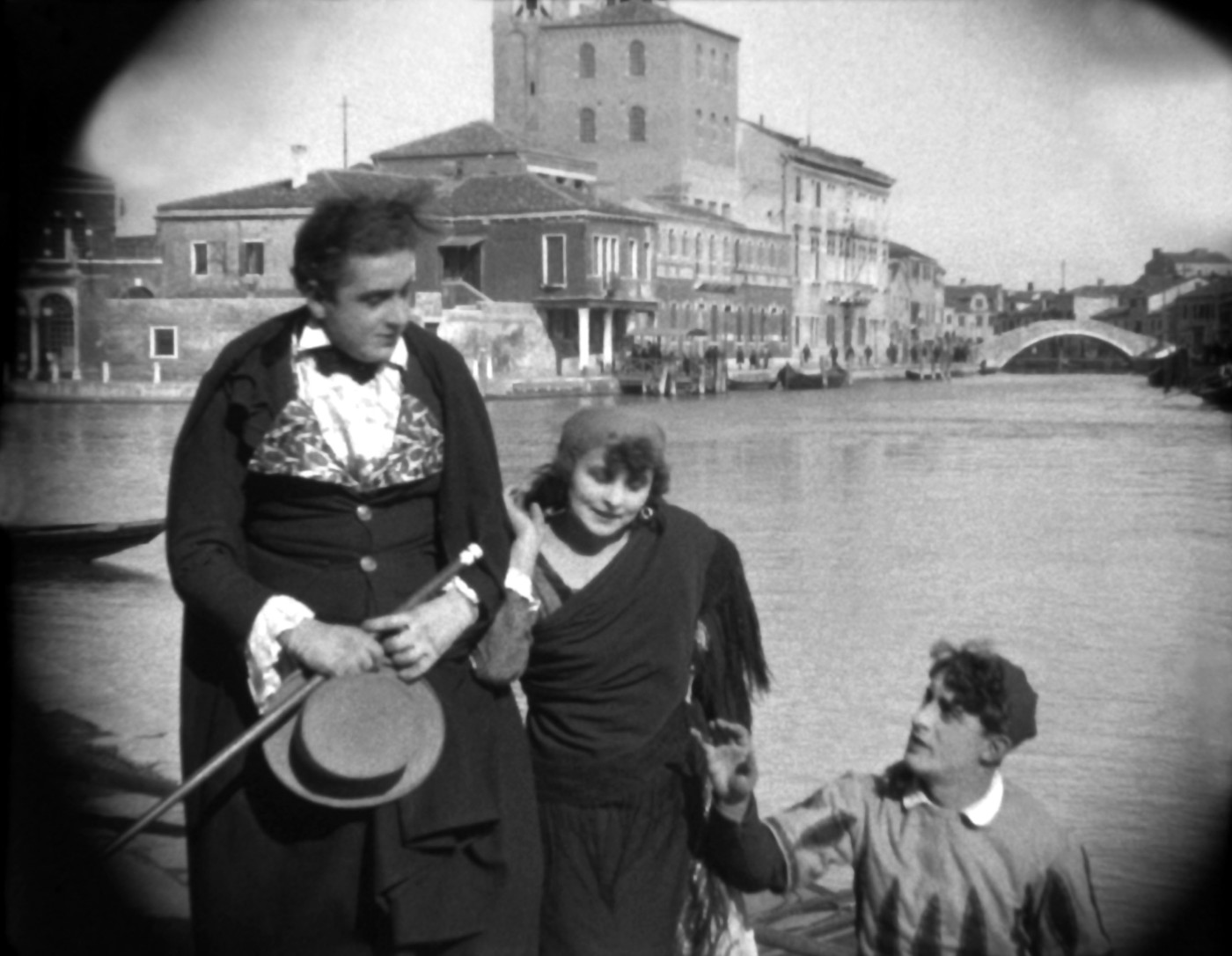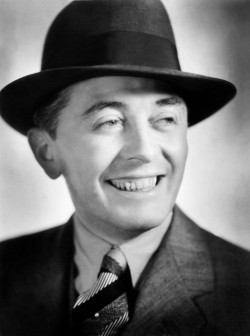
Treasures from the Film Archives 2009 / Cikáni / Czechoslovakia 1921
A film adaptation of the novella by poet Karel Hynek Mácha – author of the celebrated epic poem May – about a Venetian gondolier whose beloved is enticed away by a wealthy foreigner, a Czech count. This dramatic tale of love, revenge and reconciliation was shot in the authentic Venetian environment and the beguiling, enigmatic countryside around Kokořín, where young Mácha himself often used to roam.


The restored film Gipsies is an adaptation of the novella of the same name (1835) by the most important poet of Czech Romanticism, Karel Hynek Mácha. The composition of Mácha’s story is fairly intricate. The tale of the Venetian gondolier whose desire for revenge following a thwarted love affair leads him to Bohemia, also describes the destinies of other characters, who finally come together in a dramatic encounter at one time and in one place. In his role as screenwriter and director, Anton produced a highly accomplished version of Mácha’s work. He respected the original but was also able, along with cameraman Karel Kopřiva, to appreciate the possibilities that the film medium offered. The dramatic conflicts unfolded against a background of several environments. For the Prologue in Venice the filmmakers exploited the photogenic qualities of the city – the narrow streets, the lagoons, gondolas and the sea – and, for the continuation of the drama, they moved the set to the enigmatic Czech landscape around the castle of Kokořín. Meticulous restoration techniques returned the film to its original state, thus justifying its standing in the history of Czech film.
88 min / Black & white, 35 mm
Director Karel Anton
/ Screenplay Karel Anton podle stejnojmenné novely K. H. Máchy / based on the novella of the same name by K. H. Mácha
/ Dir. of Photography Karel Kopřiva
/ Production AB
/ Cast Hugo Svoboda, Olga Augustová, Theodor Pištěk, Alfons Rasp, Bronislava Livia, Karel Schleichert

Karel Anton (25. 10. 1898 Prague – 12. 4. 1979 Berlin), screenwriter, director and producer. For his debut he chose a challenging prose work by Czech poet K. H. Mácha. The film was critically acclaimed but it wasn’t a financial success, thus Anton had to follow this up with several light comedies in order to draw audiences. With greater experience, he was then able to return to more worthwhile projects, including several adaptations of Czech literary works, e.g. Father Kondelík and Bridegroom Vejvara (1926) and May Fairy Tale (1926). 1930 was the year of Anton’s masterpiece Tonka of the Gallows after the novel by Egon Erwin Kisch. A soundtrack was later added to the film in Paris and it is regarded as the first Czech sound film. Anton’s subsequent career played out in France and Germany, where he made around 20 films, none of which, however, reflected the crowning achievements of his Czech period.

Blažena Urgošíková
Film Institution Rep.

Vladimír Opěla
Film Institution Rep.

Briana Čechová
Film Institution Rep.

Věroslav Hába
Film Institution Rep.

Milan Klepikov
Film Institution Rep., Journalist

Jan Lukeš
Publicity
First-hand brews throughout the year.
Be among the first to learn about upcoming events and other news. We only send the newsletter when we have something to say.